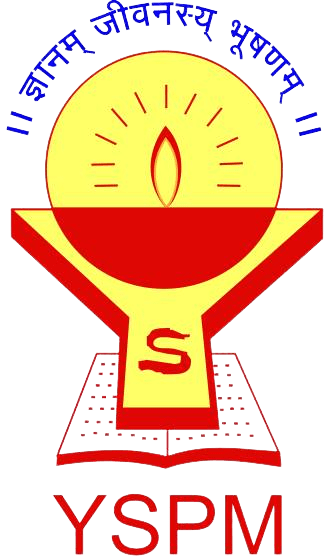Departmental Advisory Board (DAB) A.Y 2025-2026
The DAB is composed of members from industry, alumni, parent and members of faculty of the department. The present composition of the DAB is as follows:
| Sr. No | Name of the Member | Designation | Role in DAB |
|---|---|---|---|
| 1 | Dr.Samiksha V. Nikam | HOD Department of Computer Application (MCA, BCA) |
Chairman |
| 2 | Dr. Jyoti R. Rainak | Associate Professor | Teacher Representative |
| 3 | Dr. Priyanka A. Shinde | Assistant Professor of MCA GCEK | Educational Expert |
| 4 | Mr. Rajesh P. Suryawanshi | Assistant Professor and Software Developer at YCIS Satara |
Alumni Representative |
| 5 | Mr. Tejas A. Shelar | Senior Software Engineer at Allianz Technology Pune |
Industry Expert |
| 6 | Prof. Vanmala V. Kadam | Assistant Professor | Convenor, Secretary |
Responsibilities of DAB :
1. Suggest improvement in all the academic activities in the department including identification of faculty to teach courses, offering elective courses and time table preparation and so on.
2. Encourage industry-institute interactions to bridge curriculum gaps and suggest initiatives to enhance employability skill sets.
3. Constantly monitor the skill sets among current students and propose necessary action plan for skill development through technical and soft-skill training.
4. To conduct various activities like final year projects, training courses and additional experiments to meet PEO’s.
5. Evaluate proposals / offers for internship and guide students with respect to advanced technologies required from the industries.
6. Plan Guest Lectures (Minimum Three) and Industrial Visits (Minimum Two) throughout the Year.
7. Motivate students to organize Project Exhibition and also participate in competitions.
8. Plan academic activity like Workshops and Seminars.
